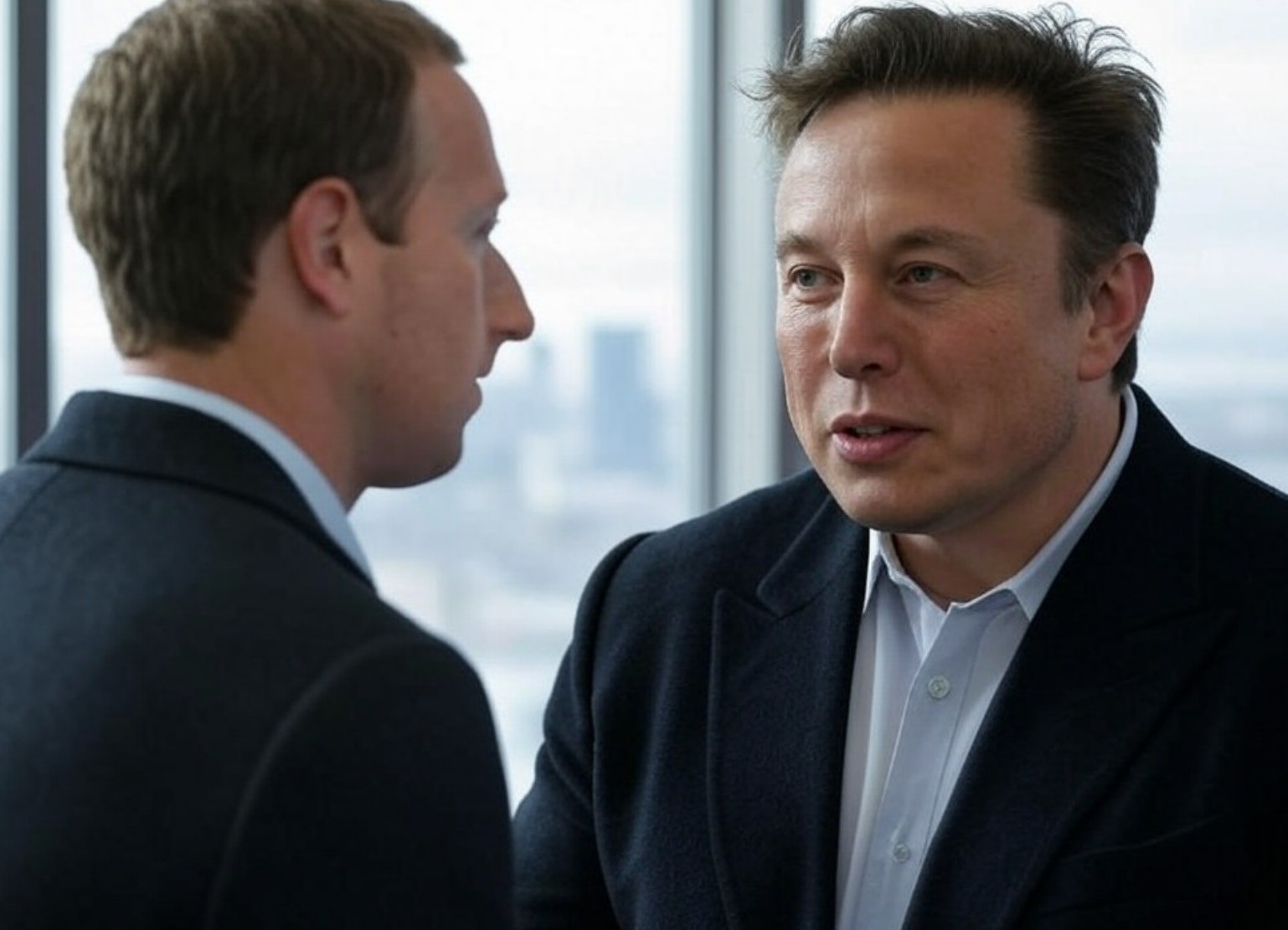The Dilemma of Social Media Control: A Handful of Businessmen Swaying Public Opinion
In the digital age, social media has transcended its role as a mere platform for social interaction to become a pivotal force in shaping public discourse, political landscapes, and cultural trends. However, this power is largely centralized in the hands of a few major companies, controlled by an even smaller group of business leaders. This concentration of influence raises profound questions about democracy, freedom of speech, and the integrity of public opinion. This article delves into whether it’s acceptable for social media to be controlled by a handful of businessmen with such significant sway over public thought.
The Power of Social Media
Social media platforms like X (formerly Twitter), Meta (formerly known as just “Facebook”), Google (YouTube), and ByteDance (TikTok) are not just entertainment hubs; they are where ideas are born, shared, and magnified. They can influence elections, drive social movements, shape consumer behavior, and even alter perceptions of reality through curated content feeds.
Influence on Public Opinion:
- Elections: Platforms can amplify certain messages while downplaying others, impacting voter perceptions and decisions.
- Public Health: During crises like the COVID-19 pandemic, social media’s role in disseminating information or misinformation has been critical.
- Cultural Shifts: Trends in fashion, music, and even language evolve rapidly through these platforms.
The Businessmen at the Helm
A few key figures control these conglomerates:
- Mark Zuckerberg (Meta) – His decisions directly impact billions of users.
- Elon Musk (X Corp) – Known for his direct involvement in platform policy.
- Sundar Pichai (Google/YouTube) – Oversees one of the largest repositories of video content.
- Zhang Yiming (ByteDance/TikTok) – His platform has revolutionized short-form video content and global youth culture
Arguments For Centralized Control
Efficiency and Innovation:
- Centralized leadership can lead to swift decisions, potentially fostering innovation and quick adaptation to user needs or global events.
Accountability:
- With fewer players, it’s theoretically easier to hold someone accountable for platform misuse or breaches of trust.
Economic Scale:
- Large corporations have the resources to invest in security, privacy protection, and platform stability, which might be lacking in smaller entities.
Concerns and Critiques
Monopoly on Discourse:
- Central control can lead to a monopoly over information, where content is curated according to business interests rather than public good.
Bias and Censorship:
- There’s a risk of biased content moderation where decisions reflect the political or cultural biases of those in control, potentially silencing minority or dissenting voices.
Privacy and Manipulation:
- With vast amounts of personal data, there’s a temptation to manipulate user behavior for profit or to support certain ideologies.
Lack of Diversity:
- A small group of leaders might not represent the global, diverse user base, leading to decisions that overlook or misunderstand cultural nuances.
The Ethical Implications
Freedom of Speech:
- When platforms can dictate what content is visible, they wield immense power over free expression, raising ethical questions about who should control public discourse.
Democracy and Public Trust:
- The potential to sway elections or public opinion for private gain undermines democratic processes and public trust in media.
Cultural Impact:
- The cultural output shaped by a handful of individuals might not reflect true societal diversity, potentially leading to cultural homogenization or misrepresentation.
Possible Solutions
Regulation:
- Stronger regulatory frameworks to ensure transparency, accountability, and fairness in content moderation and data handling.
Decentralization:
- Encouraging or legislating for a more decentralized model where multiple players share the market, reducing the concentration of power.
User Empowerment:
- Tools for users to control their content feeds more autonomously, reducing reliance on opaque algorithms.
Public Interest Algorithms:
- Developing algorithms that prioritize public interest over profit or political influence.
While there are operational advantages to centralized control by a few, the ethical, democratic, and cultural implications suggest that this model is fraught with dangers. The current structure where a handful of businessmen can sway public opinion on anything from politics to personal beliefs is arguably not in alignment with democratic ideals or the public good. Moving forward, a balanced approach that respects innovation while safeguarding freedom of expression, diversity, and democracy is crucial. This might involve rethinking how we regulate, structure, and interact with social media platforms to ensure they serve society as a whole, not just the interests of a few.
